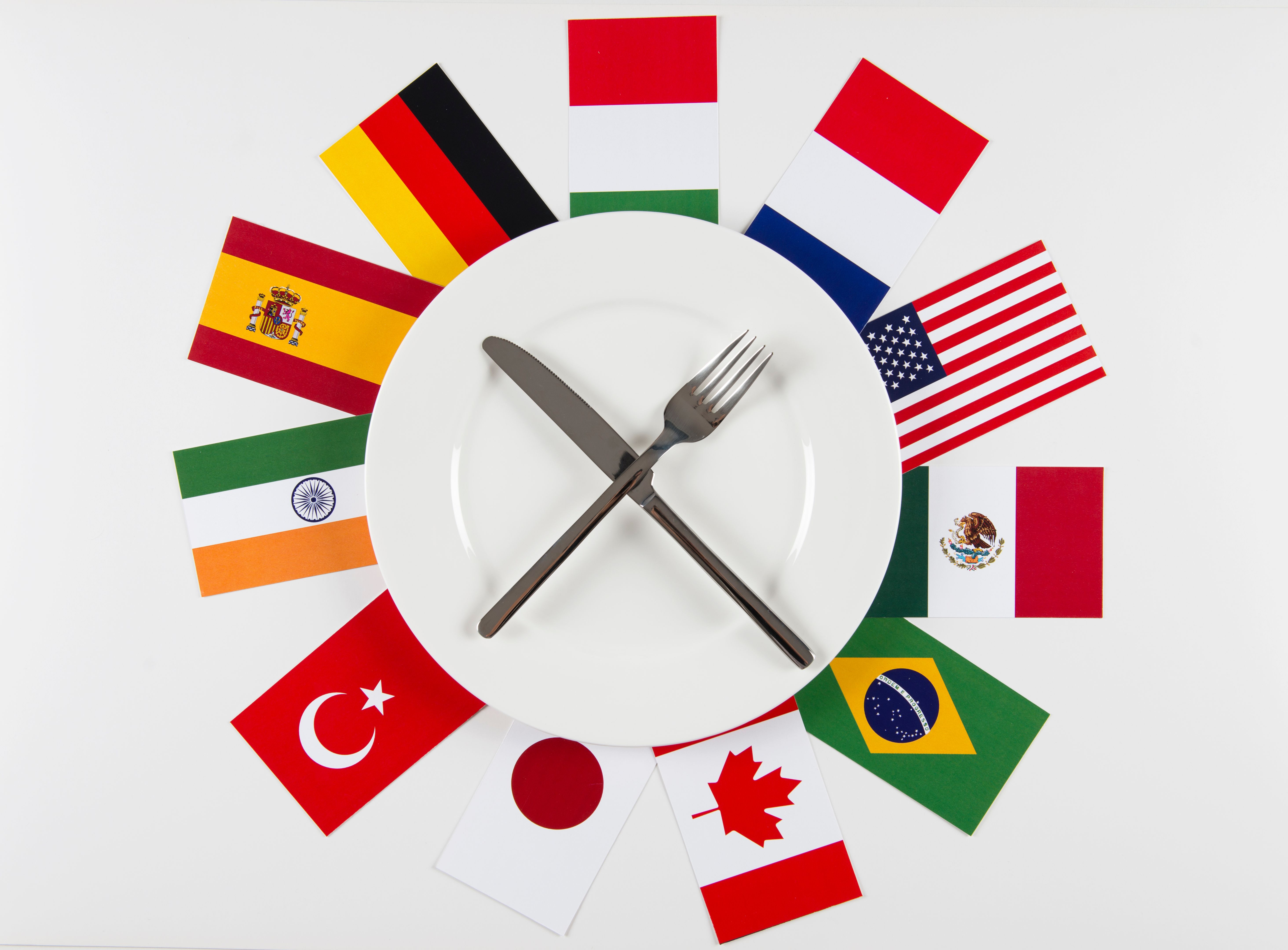Exploring The Modern Bite: A Culinary Revolution
The Rise of Global Flavors
In the past few decades, the culinary world has experienced a revolution unlike any other. The modern bite now encompasses a medley of global flavors, bringing unique taste experiences to diners everywhere. This shift towards international cuisine is not just a trend but a testament to our increasingly interconnected world. As people travel more and cultures blend, the demand for authentic and diverse flavors continues to grow.

Restaurants and home cooks alike are experimenting with ingredients and techniques from far-flung corners of the globe. From the fiery spices of India to the umami-rich dishes of Japan, the culinary palate is more varied than ever before. This fusion of flavors challenges chefs to innovate and diners to expand their tastes.
Technology's Role in Culinary Innovation
Technology has played a significant role in facilitating this culinary evolution. The accessibility of information and resources online has allowed chefs and food enthusiasts to learn about different cuisines and techniques at the click of a button. Social media platforms have also become powerful tools for sharing recipes and food photography, inspiring others to try new dishes.
Moreover, advancements in kitchen technology have made it easier for professionals and amateurs alike to experiment with complex cooking methods. Sous-vide machines, precision induction cooktops, and even 3D food printers are now more common in kitchens, enabling new forms of food preparation that were once unimaginable.

Sustainability and Ethical Eating
The modern culinary landscape is also characterized by a growing awareness of sustainability and ethical eating. With climate change and environmental degradation at the forefront of global concerns, consumers are increasingly seeking out sustainable food options. This includes an emphasis on locally sourced ingredients, plant-based diets, and reducing food waste.
Chefs are responding by crafting menus that prioritize sustainable practices. Farm-to-table dining experiences and zero-waste cooking are becoming mainstream, highlighting the importance of responsible consumption. These practices not only benefit the environment but also often lead to fresher, more flavorful dishes.

The Emergence of Plant-Based Cuisine
Another significant aspect of the modern culinary revolution is the rise of plant-based cuisine. As more people adopt vegetarian or vegan lifestyles for health, ethical, or environmental reasons, the demand for innovative plant-based dishes has surged. Chefs are rising to the challenge, creating mouth-watering meals that are both nutritious and satisfying.
The transformation of humble vegetables into gourmet dishes is a testament to the creativity and skill of today's chefs. Ingredients like jackfruit, cauliflower, and legumes are being used in exciting ways to replicate the textures and flavors traditionally associated with meat.
The Impact of Food Culture on Society
The modern bite is not only transforming what we eat but also how we view food as a cultural phenomenon. Food has become a central part of social interactions and personal identity. Dining experiences are now commonly shared on social media platforms, turning meals into moments of connection that transcend geographical boundaries.

Moreover, food festivals and culinary events have gained popularity worldwide, bringing communities together to celebrate diverse cuisines. These gatherings offer a platform for chefs to showcase their innovations, while also fostering an appreciation for cultural heritage through food.
In conclusion, the modern bite represents a dynamic era in culinary history where innovation meets tradition. As we continue to explore new flavors and cooking techniques, we embrace a future where food not only nourishes but also connects us in meaningful ways.
